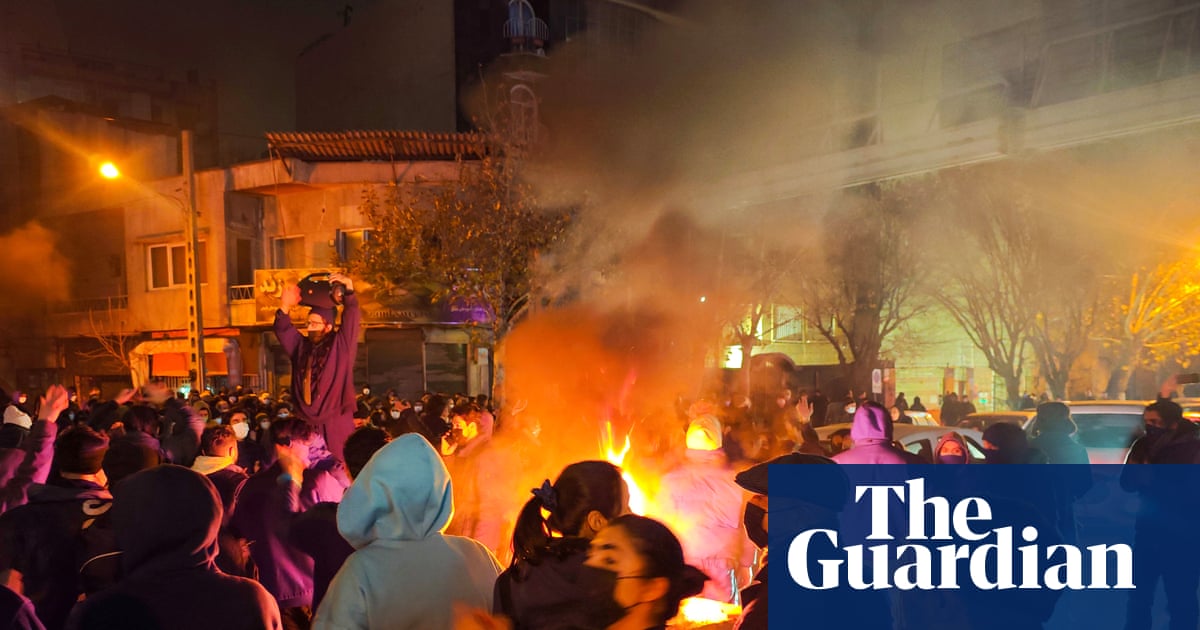Israeli and Arab officials have suggested the Trump administration hold off on striking Iran for now, believing that the Islamic Republic may not be sufficiently weakened in order for a US attack to topple it, NBC News reported Tuesday.
The…
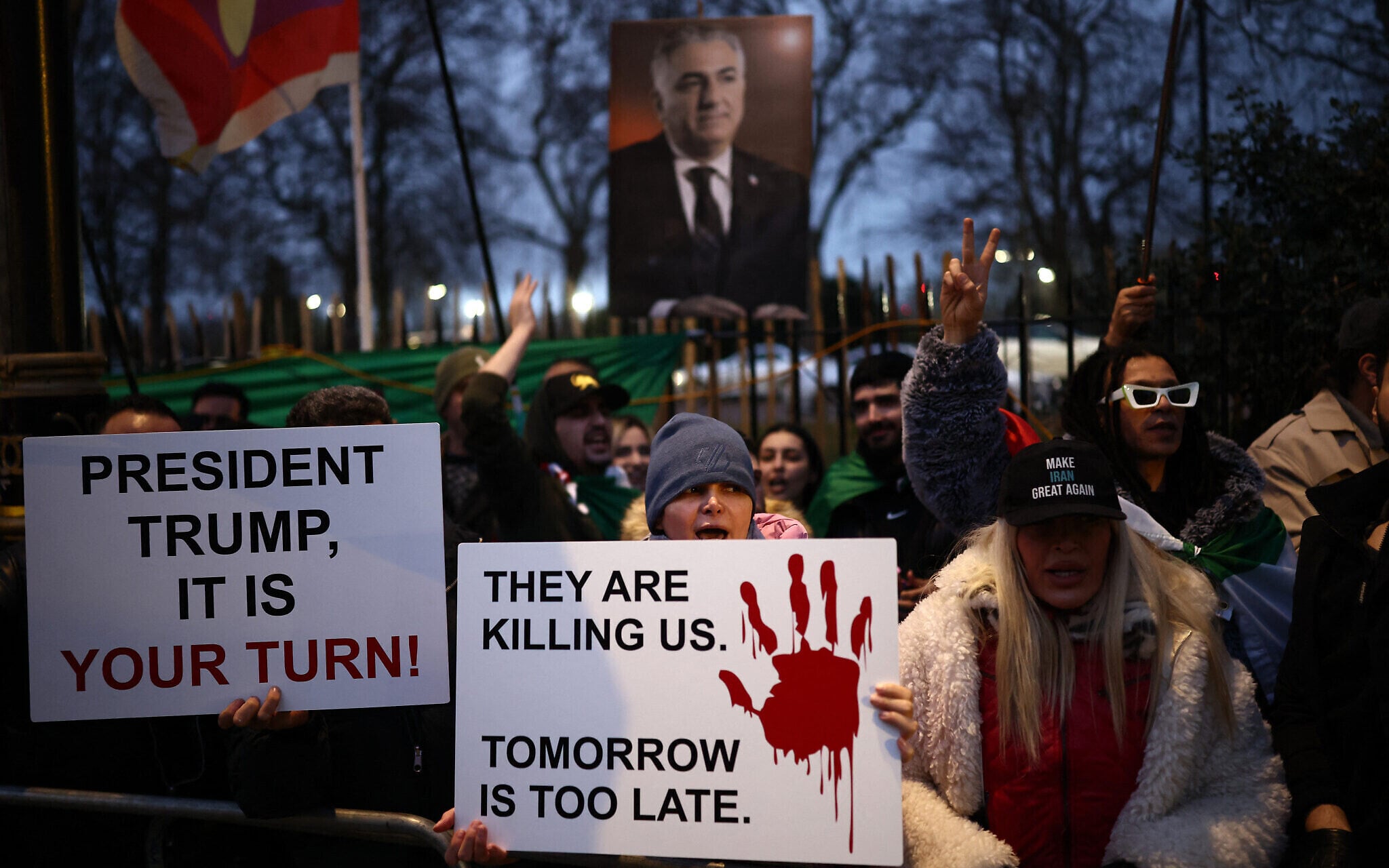
Israeli and Arab officials have suggested the Trump administration hold off on striking Iran for now, believing that the Islamic Republic may not be sufficiently weakened in order for a US attack to topple it, NBC News reported Tuesday.
The…
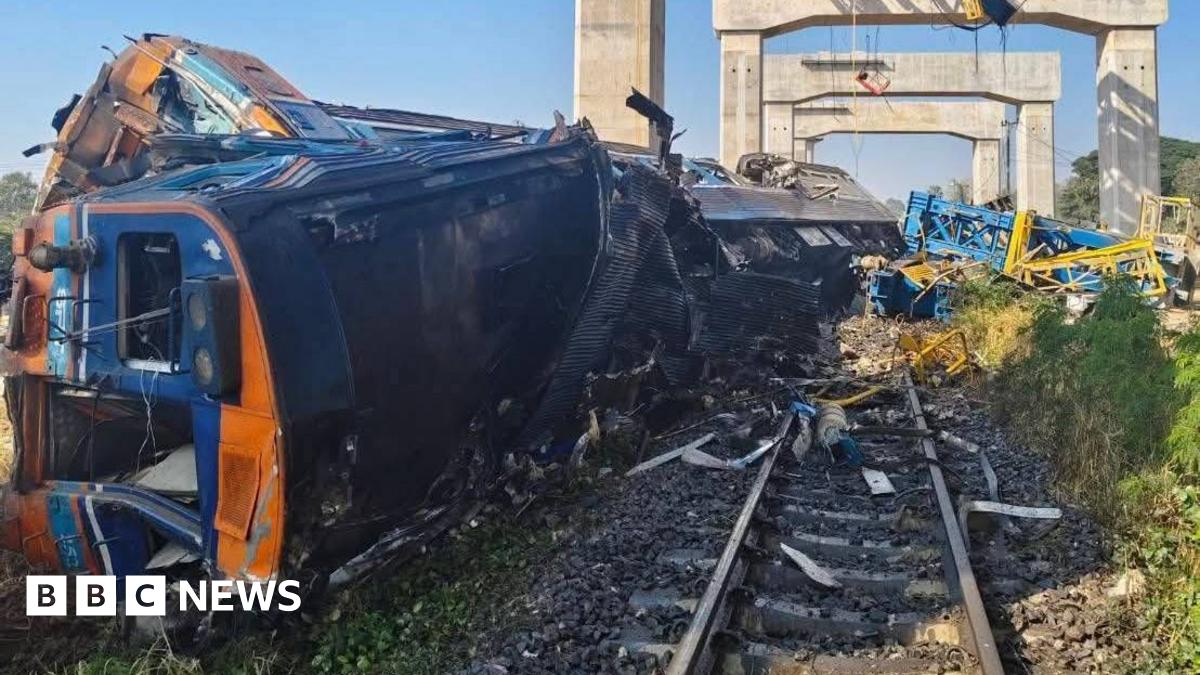
Deadly construction accidents are not uncommon in Thailand, due in part to poor enforcement of standards and regulations.
In 2023, a freight train collided…
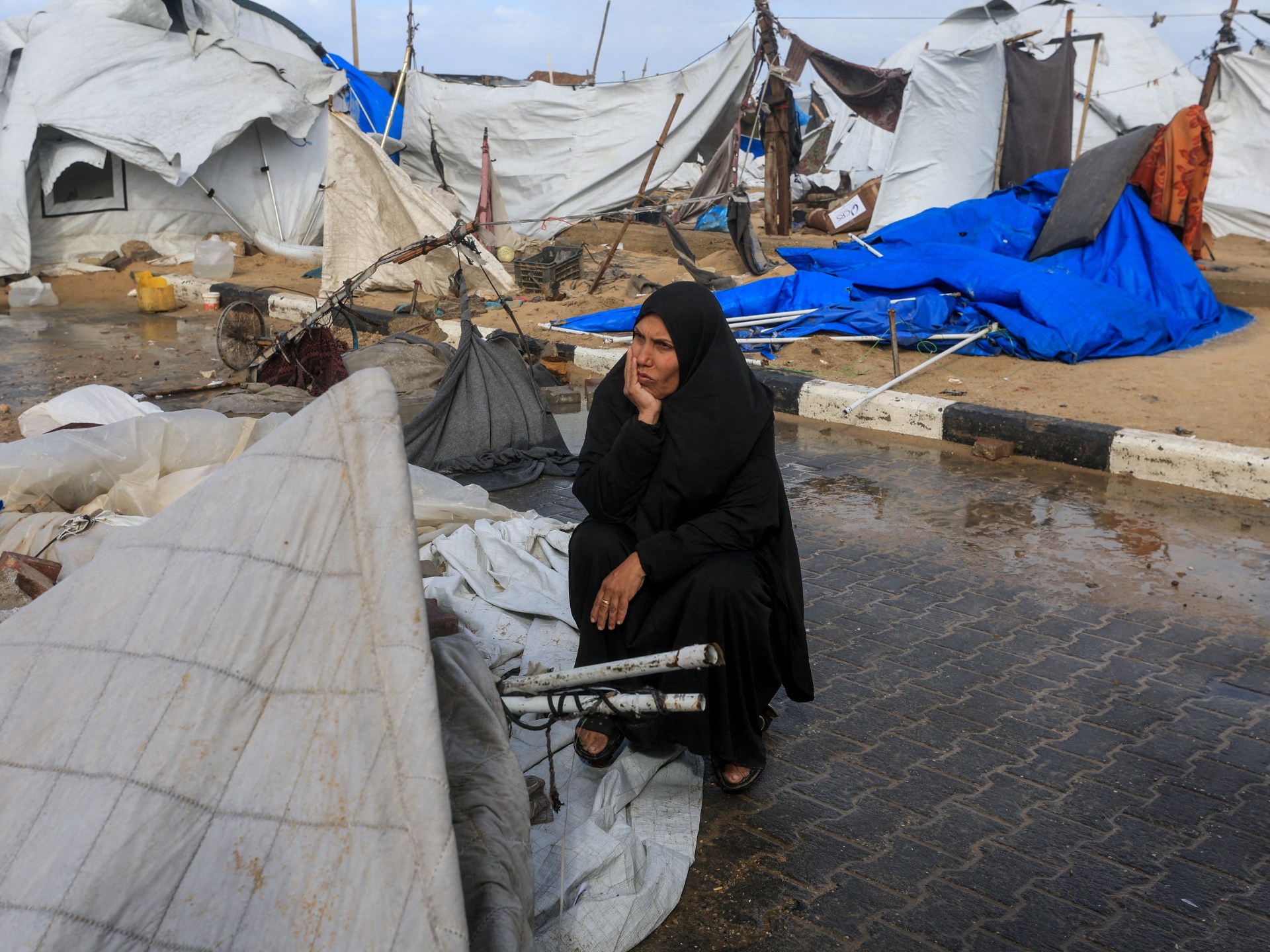
Published On 14 Jan 2026
At least four people have been killed as winter winds sent walls collapsing onto flimsy tents sheltering Palestinians displaced by the genocidal war in…
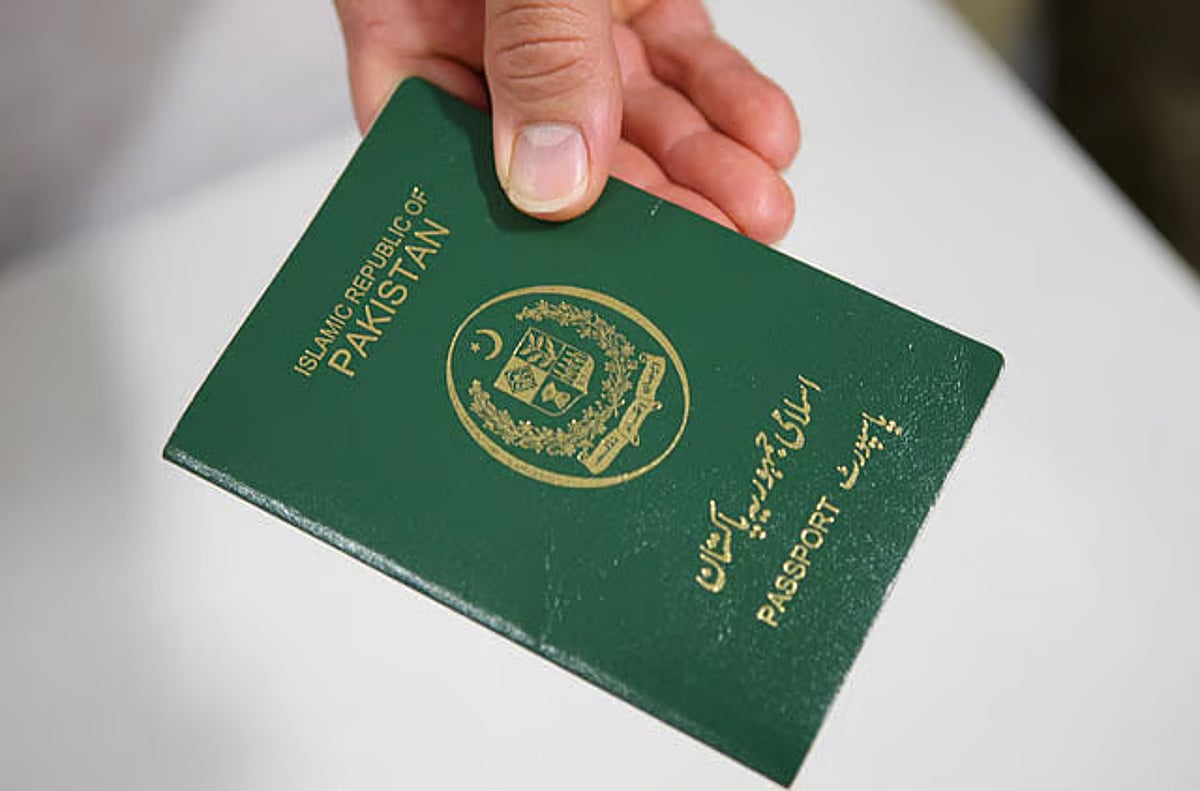
Pakistani passport holders can now travel visa-free or with visa-on-arrival/eTA access to 31 countries across Asia, Africa, the Caribbean, and Oceania. This opens doors for leisure trips, business travel, and…
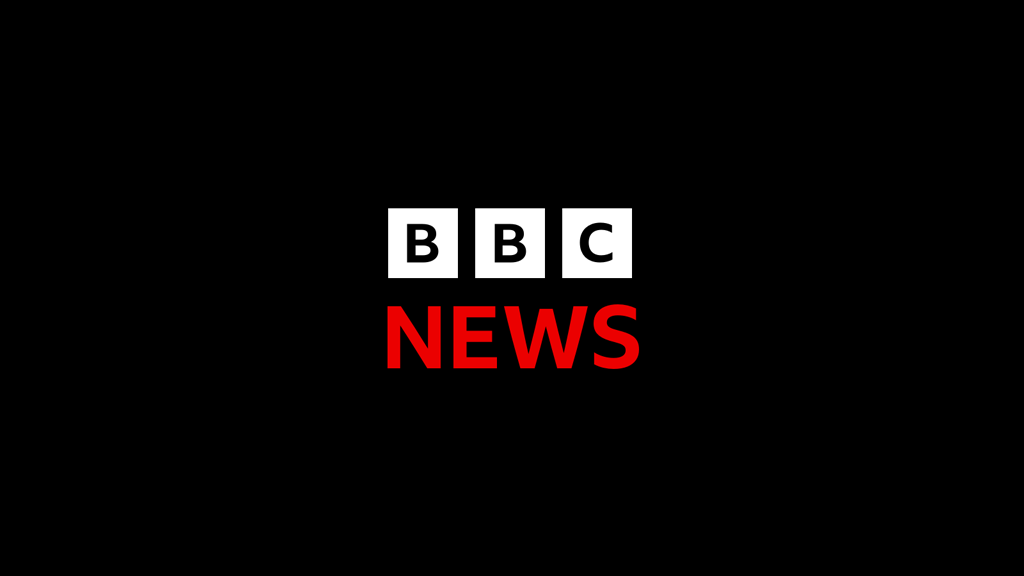
A relative of Iranian protester Erfan Soltani, who was detained by Iranian authorities…
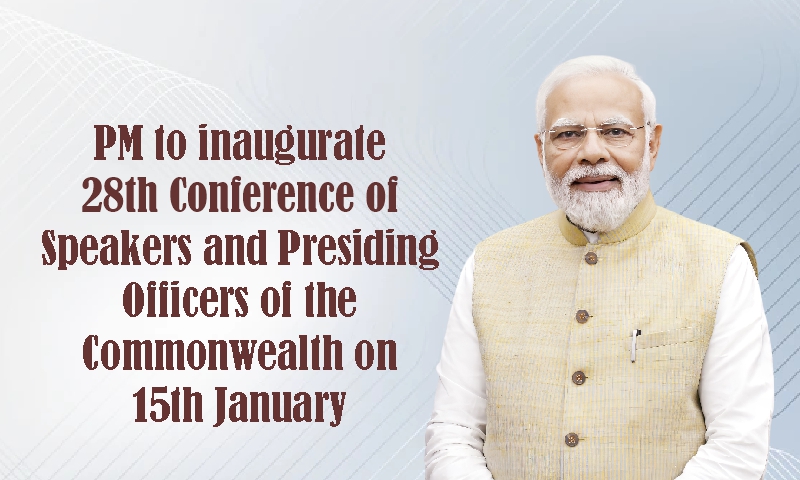
Prime Minister Shri Narendra…
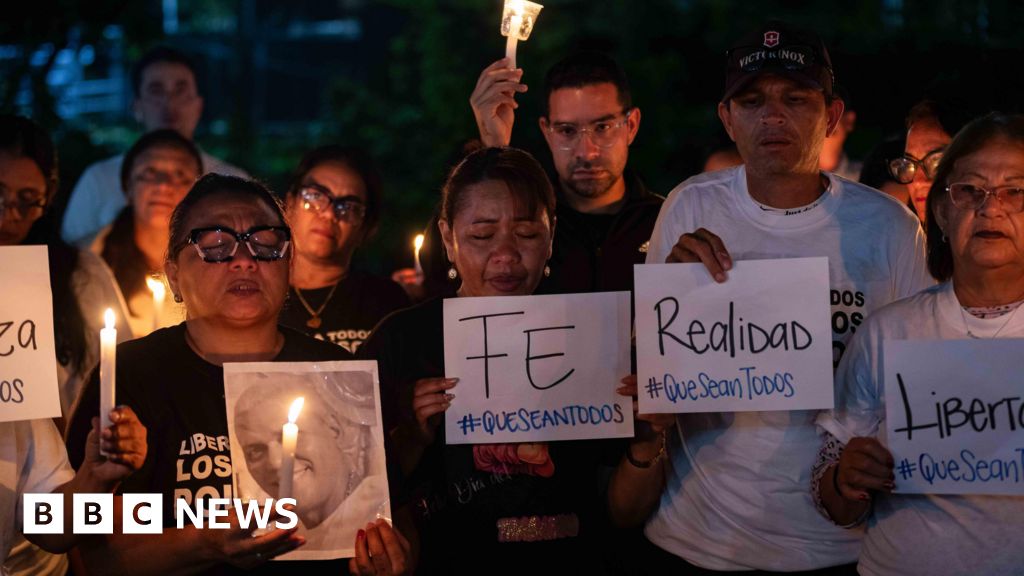
Venezuela has started releasing multiple Americans detained across the country, according to a US state department official.
The official did not confirm the identities or number of prisoners released by Venezuela, but in a statement called the…
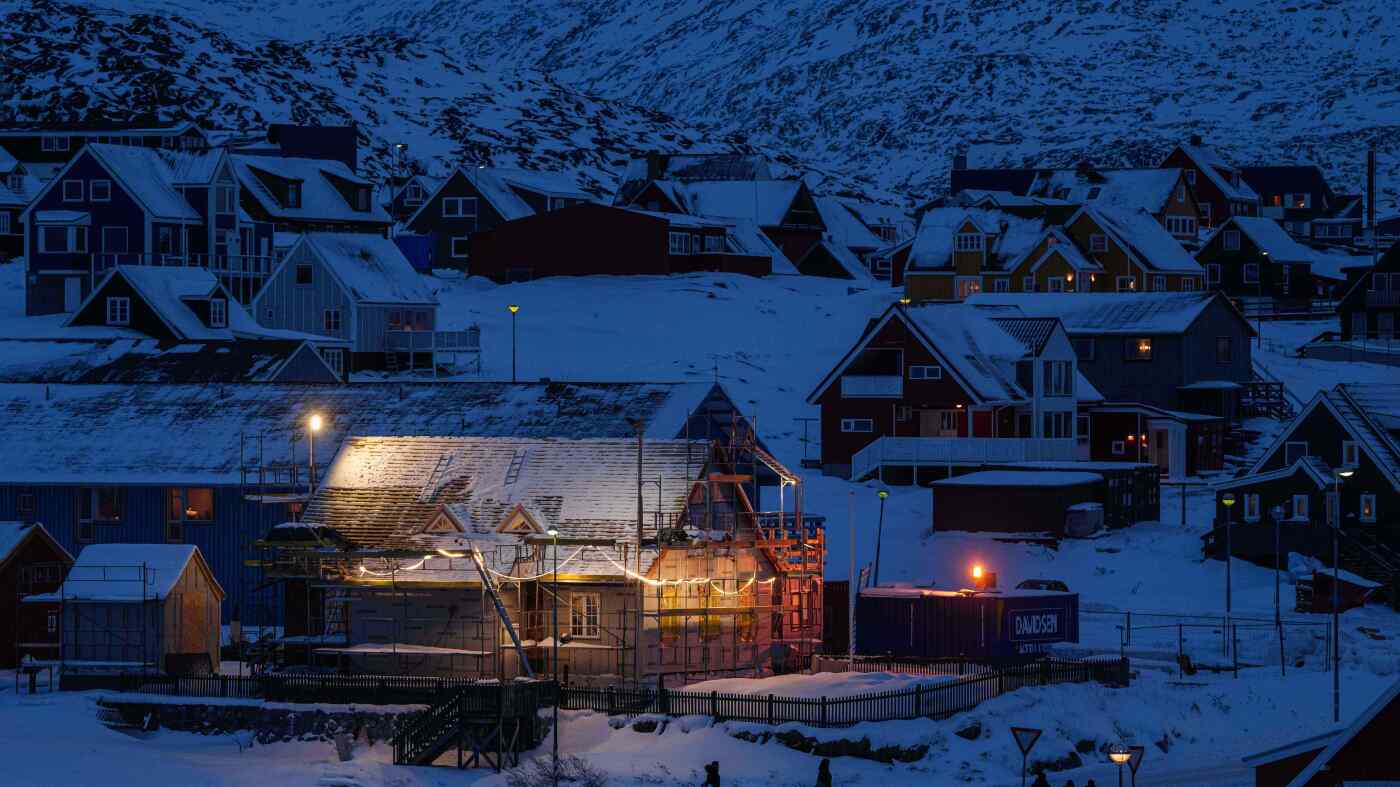
People walk along a street in downtown of Nuuk, Greenland, on Tuesday, Jan. 13, 2026.
…
